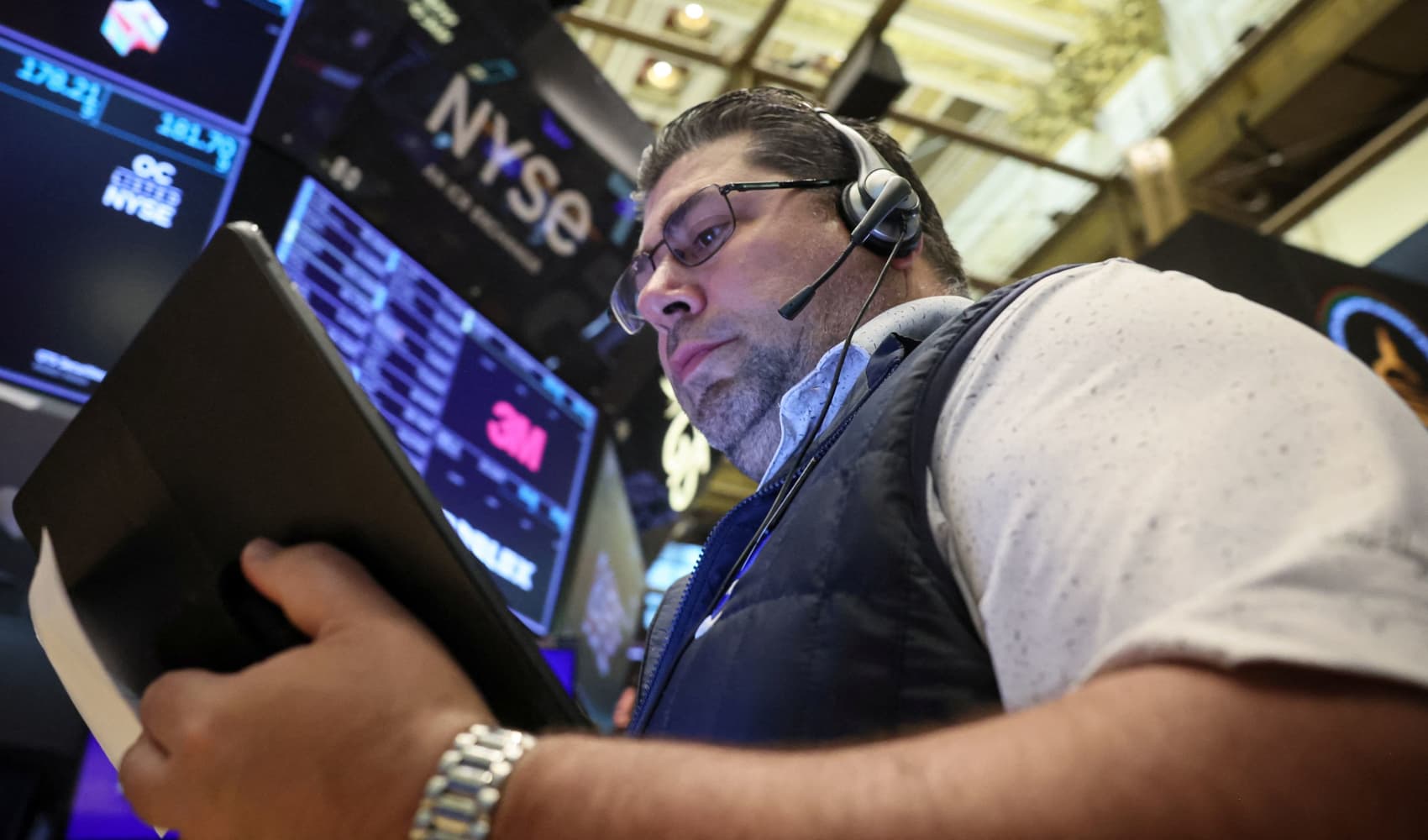
- The S&P 500 and Nasdaq stock indexes closed at record highs on Tuesday.
- There are risks ahead, though: Federal Reserve policy, a surprise recession and disappointing company earnings, one economist said.
- Long-term investors should avoid the impulse to sell if the stock market falls.
The U.S. stock market has been swooning. But there are risks that threaten to put a lid on the euphoria.
STAY IN THE KNOW
Watch NBC10 Boston news for free, 24/7, wherever you are. |
|
Get Boston local news, weather forecasts, lifestyle and entertainment stories to your inbox. Sign up for NBC Boston’s newsletters. |
The three "primary" risks are Federal Reserve policy, a surprise recession and lower-than-expected results on companies' earnings, David Rosenberg, founder and president of economic consulting firm Rosenberg Research & Associates, said Wednesday at CNBC's Financial Advisor Summit.
The S&P 500 and tech-heavy Nasdaq closed at record highs on Tuesday. The U.S. stock indexes are up about 11% each so far in 2024, as of about 3 p.m. ET on Wednesday.
Big threats to the stock market
Nvidia, an artificial intelligence chip maker, has played a big role in driving the stock market higher, market analysts said at the FA Summit.
The company, a "poster child for generative AI writ large," was "singlehandedly responsible for the last leg of this bull market," Rosenberg said. It's up 90% in 2024 alone, as of about 3 p.m. ET on Wednesday.
Money Report
Nvidia is "certainly a poster child" for stock market sentiment waxing more positive, Brandon Yarckin, COO of Universa Investments, said at the FA Summit.
Nvidia reports quarterly earnings results after the market close on Wednesday.
Disappointing results could send the stock market lower, Rosenberg said. It would be similar to what happened around the dot-com craze in 2000, when missed earnings results by Cisco ended the tech mania, he added.
Also, Fed policymakers have raised interest rates to their highest level in two decades to rein in high inflation. It's unclear when the Fed may start to lower borrowing costs; many market forecasters expect them to do so at least once by the end of the year.
High interest rates have pushed up earnings investors can get on cash and money market funds, where they can get perhaps a 5% return, for example, Rosenberg said. Keeping rates higher for longer gives cash and money market funds an advantage relative to stocks on a risk-reward basis, he said.
Additionally, the U.S. economy has remained strong amid high borrowing costs and as inflation has fallen gradually. That has led many forecasters to predict the economy is en route to a "soft landing."
If a recession that nobody sees coming were to occur, it would be a "big surprise" that threatens the stock market, Rosenberg said.
Surprise and uncertainty — both economic and geopolitical — are two things investors hate most, Carla Harris, senior client advisor at Morgan Stanley, said at the FA Summit.
Yet, long-term investors should resist the temptation to jump ship if and when the market teeters, experts said.
The wealthiest and most successful investors "stay in the markets longer," said Raj Dhanda, a partner and global head of wealth management at Ares Management Corporation.






